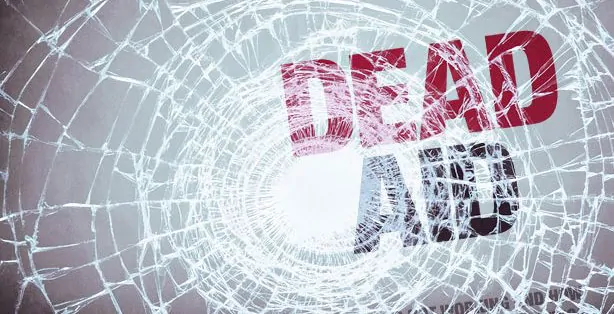
In her book, Dead Aid, Dambisa Moyo claims aid to Africa has done nothing to alleviate poverty on the continent and should be shut off in five years.
It’s a provocative book, with relevant points about the need for greater trade and investment, two things we support and have worked for several years to increase. But many of Moyo’s claims do not hold up, and her proposal to cut off aid to Africa would quite literally lead to the deaths of millions of Africans. Even at current assistance levels, there is not enough AIDS medicine for everyone who needs it in Africa. Health care workers are forced to decide who lives and who dies for lack of pills that cost less than 50 cents a day.
The book’s concept—that aid to Africa has not worked—is nothing new. Moyo bases her argument on incorrect and undocumented facts while failing to differentiate between different types of aid. Without citing sources she makes inaccurate claims, such as asserting that two-thirds of U.S. AIDS funding (PEPFAR) goes to abstinence programs, when in fact, only 7 percent of all PEPFAR funding for focus-countries in 2008 was earmarked for abstinence and “be faithful” programs. One of Moyo’s most puzzling choices in Dead Aid is her portrayal of all aid as coming in the form of direct cash to governments-or “government to government aid.” In doing so, Moyo glosses over one of the most prominent forms of aid: health and humanitarian aid, including medicine, equipment support and health infrastructure, which has made a big impact in the lives of Africans.
Here are the facts on the aid Moyo claims has not worked:
- In 2007 alone, more than 2 million Africans were receiving life-saving AIDS treatment, up from only 50,000 in 2002.
- Between 2005 and 2007, malaria cases and deaths in Rwanda and Ethiopia were more than halved thanks to a dramatic increase in bed nets and access to anti-malaria medication.
- Between 1999 and 2006, 34 million more African children went to school for the first time.
All of these successes are directly attributable to a combination of increasingly effective aid, improved African governance, targeted debt relief and the hard work of people in Africa.
Development assistance is not a panacea, but targeted, smart aid has a positive role to play in promoting development in the poorest countries—especially during a struggling global economy—alongside other prerequisites for progress: trade, private investment and improved governance.
The progress sub-Saharan Africa needs in order to attain economic growth will require a significant increase in aid, not a reduction. Accessing markets and attracting investment requires basic infrastructure like roads, electricity, clean water and technological capacity, as well as a healthy population. In recent years, development assistance has played a critical role in supporting many African countries to achieve the conditions they need to best reap the benefits of trade and investment for their people.
It’s important to advocate for “smart” aid that not only delivers results, but also strengthens national governance by supporting citizen efforts to hold their governments accountable. Moyo’s proposals would dramatically cut funding for these vital democratic processes.
Moyo has also said African voices are not being heard enough on the world stage. This is definitely true. When you talk to Africans—including many people working on the ground in clinics, small businesses and schools—you’ll hear a great deal of concern about Moyo’s proposals (see “Africans Speak Out“).
Below are comments on aid by Liberian President Ellen Johnson-Sirleaf in a recent op-ed in the Washington Post and from Alex Coutinho, a champion in the fight against AIDS in Uganda.
Liberian President Ellen Johnson-Sirleaf, The Washington Post, April 9, 2009:
“The citizens and leaders of donor nations should recognize how important their assistance has been to the new leadership in Africa and how appreciative most Africans are for this partnership. Critics say that African economies are shrinking, that poverty is rising and that failing aid is the culprit. But this argument is at least a decade out of date. Africa’s turnaround is real, the evidence indisputable. Africans themselves have been the key to this reversal, but more effective aid has played an important role. Reducing aid would slow private-sector growth, stall poverty reduction, and undermine peace and stability in countries that are struggling to become part of the global economy.
Dr. Alex Coutinho, Executive Director, Infectious Disease Institute, Uganda, March 2009:
“In the area of HIV the world has seen a remarkable partnership between nations and individuals that has saved 3 million lives and prevented 10 million orphans. The irresponsible suggestion by Ms. Moyo that western aid be stopped in 5 years would result in death on a genocidal scale. Moyo should come back to the real Africa and see what smart aid can achieve.”
This article was originally published on the ONE blog.






















